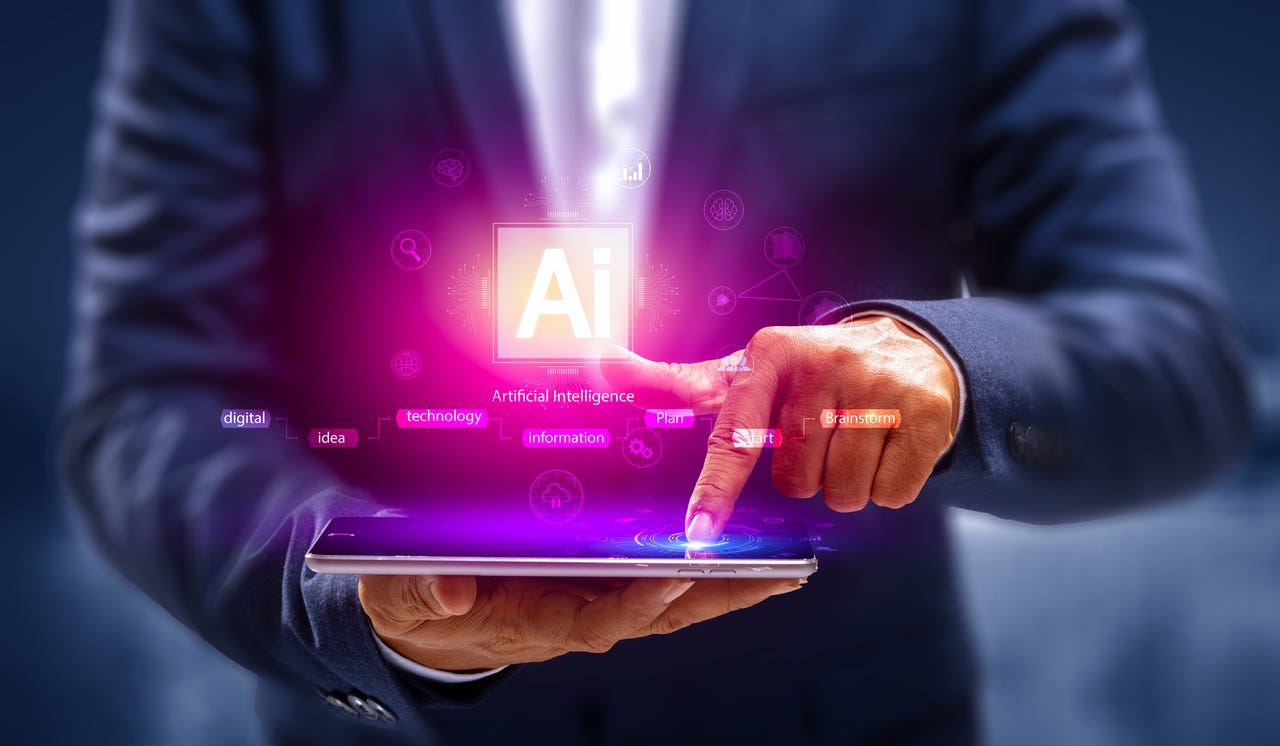
You trust yourself — well, most of the time.
You trust other humans slightly less — most of the time.
How much, though, do you trust AI?
Also: The ethics of generative AI: How we can harness this powerful technology
The answer to that question, at least when it comes to moral judgment, appears to be: More than you trust humans.
You see, researchers at Georgia State University just performed a sort of moral Turing Test. They wanted to see how mere mortals respond to two different sources offering answers to questions of morality. AI was the victor.
I don’t want to get overly excited about the notion of AI as a better moral arbiter than, say, priests, philosophers, or sanctimonious Phil whom you always meet at the bar.
But here are some words from Georgia State’s own press release: “Participants rated responses from AI and humans without knowing the source, and overwhelmingly favored the AI’s responses in terms of virtuousness, intelligence, and trustworthiness.”
Your inner soul might still be reeling from the words “virtuousness, intelligence, and trustworthiness.” My soul is unable to find equilibrium upon hearing the word “overwhelmingly.”
If AI really is better at guiding us through questions of morality, it should be constantly at our side as we wade through the ethical uncertainties of life.
Also: OpenAI’s new Model Spec reveals more about how it wants AI to behave
Just think what AI could do for biased teachers or politically compromised judges. We in the real world could instantly ask questions such as: “Oh, you say that’s what’s right. But what does AI think?”
It seems that Georgia State’s researchers have actively considered this. Lead researcher Eyal Aharoni observed: “I was already interested in moral decision-making in the legal system, but I wondered if ChatGPT and other LLMs could have something to say about that.”
It’s not, though, as if Aharoni is entirely convinced about AI’s true moral superiority.
Also: How I test an AI chatbot’s coding ability – and you can too
“If we want to use these tools, we should understand how they operate, their limitations, and that they’re not necessarily operating in the way we think when we’re interacting with them,” he said.
Aharoni made clear that the researchers didn’t tell the participants the sources of the two competing answers they were offered.
After he secured the participants’ judgment, though, he revealed that one of two responses had been from a human and one from an AI. He then asked them if they could tell which was which. They could.
“The reason people could tell the difference appears to be because they rated ChatGPT’s responses as superior,” he said.
Wait, so they automatically believed ChatGPT is already superior to human moral thought?
Also: Why the future must be BYO AI: Model lock-in deters users and stifles innovation
At this point, one should mention that the participants were all students, so perhaps they have long used ChatGPT to write all their papers, hence they already embrace a belief that it’s better than they are.
It’s tempting to find these results immensely hopeful, even if the word “belief” is doing a lot of work here.
If I’m torn in a moral dilemma, how uplifting that I can turn to ChatGPT and get guidance on, say, whether it’s right to sue someone or not. Then again, I might think ChatGPT’s response will be more moral, but I could be being fooled.
Aharoni, indeed, appears to be more cautious.
“People are going to rely on this technology more and more, and the more we rely on it, the greater the risk becomes over time,” he said.
Also: The best AI chatbots: ChatGPT isn’t the only one worth trying
Well, yes, but if ChatGPT gets the answer right more often than our friends do, it’ll be the best friend we’ve ever had, right? And the world will be a more moral place.
That truly is a future to look forward to.




















+ There are no comments
Add yours